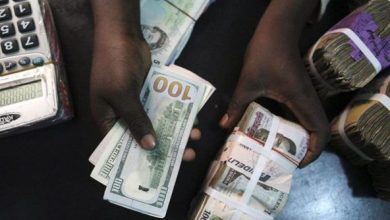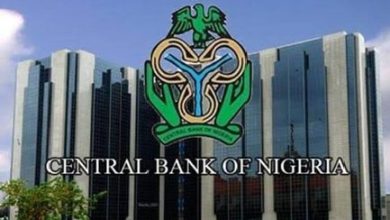Naira Strengthens to ₦1,526.15 per Dollar as IMF Commends CBN Forex Reforms
Naira gains ₦3.42 to trade at ₦1,526.15 per dollar as forex reforms boost confidence.
IMF praises CBN’s strategy, says interventions are improving transparency, liquidity, and market-driven exchange rates.
The Nigerian Naira appreciated against the US dollar on Wednesday, gaining ₦3.42 to close at ₦1,526.15 per $1 in the official foreign exchange market. This marks a 0.22% improvement from Tuesday’s rate of ₦ 1,529.57 per $, according to figures released by the Central Bank of Nigeria (CBN).
The appreciation comes amid renewed confidence in the Nigerian foreign exchange market, following ongoing reforms initiated by the Central Bank of Nigeria.
IMF Endorses Nigeria’s Forex Strategy
In a related development, the International Monetary Fund (IMF) praised the CBN foreign exchange interventions (FXIs) in its 2025 Article IV Consultation report, noting that they have contributed significantly to exchange rate stability, market transparency, and liquidity.
“CBN measures have curbed market distortions, improved transparency, and restored integrity to Nigeria’s FX market,” the IMF stated in the report.
The Fund particularly lauded the reforms for enhancing price discovery and easing long-standing volatility that previously plagued Nigeria’s foreign exchange operations.
The CBN recent interventions, including the unification of exchange rate windows, increased supply of dollars through official channels, and stricter compliance measures on forex transactions, have all contributed to a more stable currency environment.
Analysts say the latest appreciation reflects improved investor confidence and a healthier balance between supply and demand within the official foreign exchange market. The IMF noted that market-driven rates, supported by targeted interventions, are helping to restore credibility and efficiency in foreign exchange dealings.
Since the start of 2024, the CBN has implemented a series of market liberalization policies to address forex scarcity and speculation. The reforms include allowing willing buyer-seller transactions, increasing dollar inflows from remittances and non-oil exports, and clamping down on hoarding and round-tripping practices.
These moves have drawn cautious optimism from stakeholders, including international financial institutions, who view the policies as steps toward long-term stability and improved investor sentiment.
Although the Naira remains under pressure due to high import demand and limited export earnings, Wednesday’s gain suggests gradual progress in exchange rate management. The IMF advised the CBN to maintain flexible FX policies while ensuring that interventions do not undermine market efficiency.



